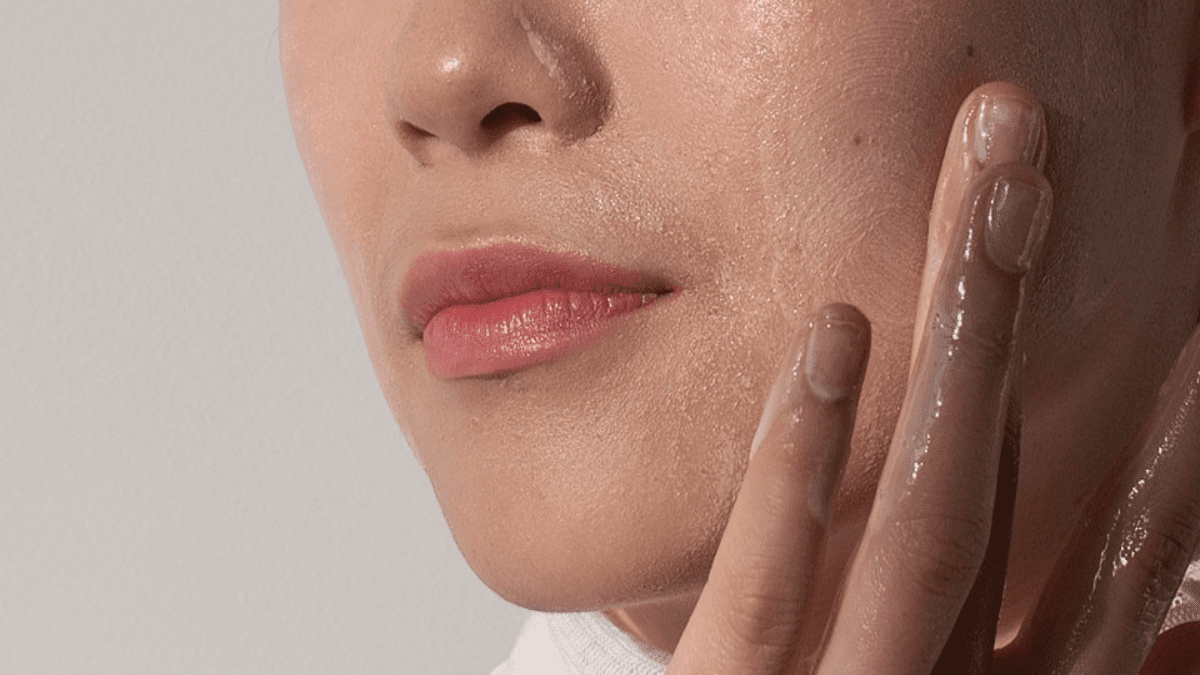As the pursuit of youthful, radiant skin remains a top priority for many, the role of nutrition in skincare has garnered increasing attention. Chia seeds, hailed for their nutritional density and numerous health benefits, have emerged as a potential ally in the battle against wrinkles and aging skin. But before adding chia seeds to your diet with hopes of achieving a more youthful complexion, it’s essential to understand the science behind their purported benefits.
Nutritional Powerhouse:
Chia seeds, derived from the Salvia hispanica plant, pack a nutritional punch, boasting high levels of omega-3 fatty acids, antioxidants, fiber, protein, and essential minerals like calcium and magnesium. These nutrient-rich seeds have earned a reputation for promoting overall health and well-being, with potential benefits ranging from improved digestion to enhanced heart health.
Skin-Supportive Nutrients:
The abundance of nutrients found in chia seeds holds promise for promoting skin health and combating signs of aging. Omega-3 fatty acids, in particular, play a crucial role in maintaining skin barrier function, reducing inflammation, and preserving moisture levels, all of which contribute to a youthful complexion.
Additionally, antioxidants found in chia seeds help neutralize free radicals, molecules that can damage skin cells and accelerate the aging process. By scavenging these harmful compounds, antioxidants protect against oxidative stress and support skin regeneration, potentially reducing the appearance of wrinkles and fine lines.
Hydration and Elasticity:
One of the key benefits attributed to chia seeds is their ability to retain water, forming a gel-like substance when soaked in liquid. This hydrating property can benefit the skin by improving moisture retention and enhancing elasticity, two factors critical for maintaining a youthful appearance.
Proponents of chia seeds advocate for their inclusion in the diet as a means of promoting internal hydration, which may translate to improved skin health and a reduction in dryness and dullness over time.
Evidence and Considerations:
While the nutritional profile of chia seeds suggests potential benefits for skin health, scientific evidence specifically linking their consumption to wrinkle reduction or anti-aging effects is limited. Most studies investigating the health benefits of chia seeds focus on their impact on factors like heart health, blood sugar regulation, and weight management, rather than their direct effects on skin aging.
Furthermore, individual responses to dietary changes can vary, and factors such as genetics, lifestyle, and overall diet quality play significant roles in skin health and aging. Incorporating chia seeds into your diet should be viewed as part of a holistic approach to skincare, alongside other healthy habits such as adequate hydration, sun protection, and a balanced diet rich in fruits, vegetables, and whole grains.
Incorporating chia seeds into your diet can be a nutritious addition with potential benefits for overall health and well-being, including skin health. While chia seeds offer a wealth of essential nutrients and hydration-promoting properties, their specific role in preventing wrinkles and aging skin remains to be conclusively established by scientific research.
As part of a balanced diet and skincare regimen, chia seeds may contribute to a healthy, radiant complexion over time. However, it’s essential to approach dietary changes with realistic expectations and in conjunction with other skincare practices recommended by dermatologists or skincare specialists.
Ultimately, while chia seeds offer promise as a preventive measure against wrinkles and aging skin, their incorporation into your diet should be part of a comprehensive approach to skincare that prioritizes overall health and well-being.

